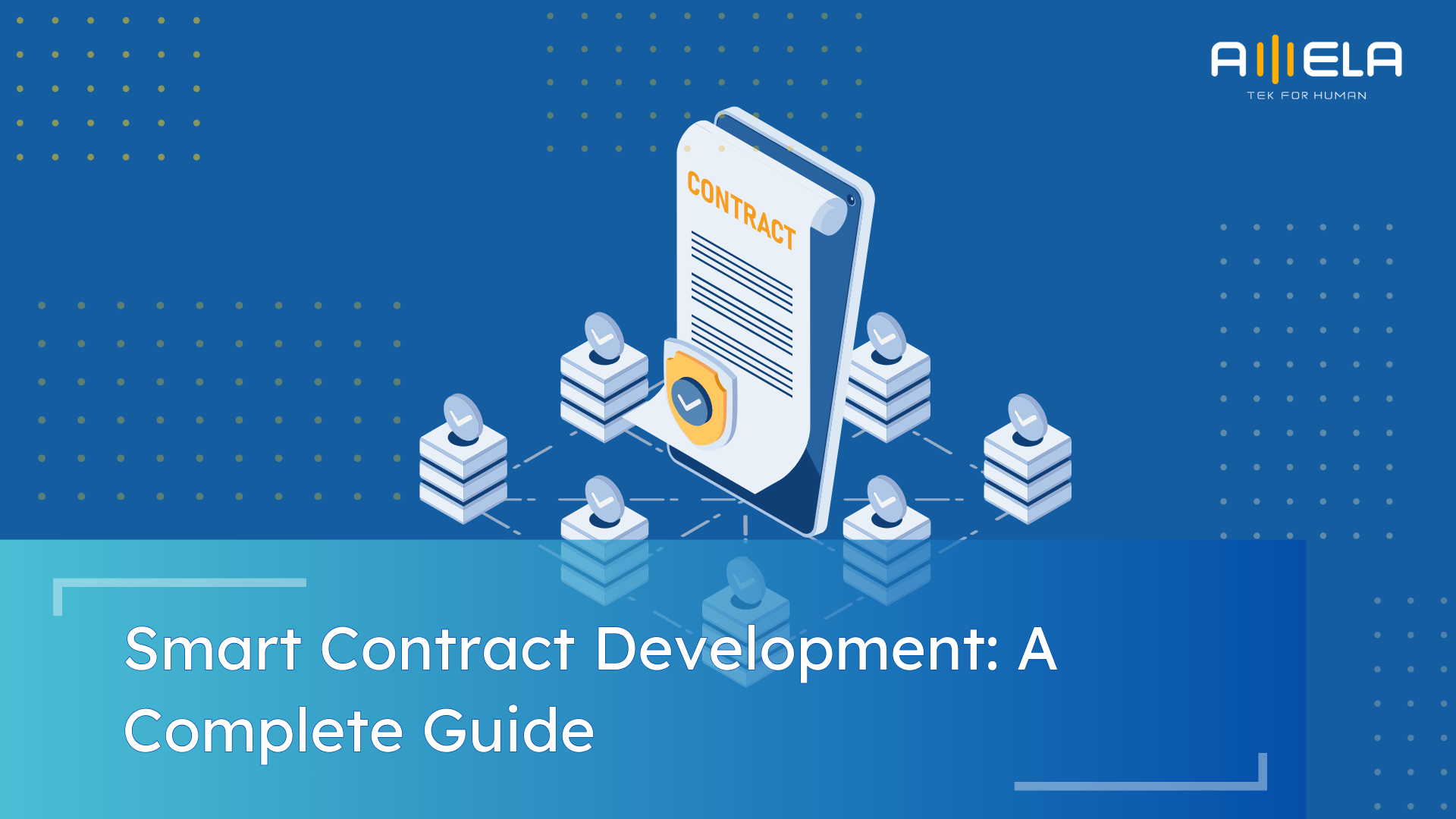Blockchain gaming is no longer a niche experiment — it’s one of the fastest-evolving segments of Web3. According to DappRadar’s 2024 Industry Report, blockchain games accounted for over 35–40% of all blockchain activity and consistently attracted 1.2–1.5 million daily active users across major chains. Meanwhile, a MarketsandMarkets 2024 forecast projects the global blockchain gaming market […]
Blockchain has evolved far beyond its early crypto roots, but widespread adoption still faces major hurdles. The biggest challenges in blockchain technology come from real-world constraints — legacy integrations, privacy regulations, governance issues, and technical limitations that don’t magically disappear just because a system is decentralized. Across industries like healthcare, IoT, finance, and supply chain, […]
The NFT boom has moved beyond a passing trend — it’s now shaping how we think about ownership, digital identity, and even real-world asset tokenization. For businesses exploring blockchain opportunities, understanding how NFT marketplaces operate is a critical first step. But with dozens of platforms out there, the big question is: Which NFT marketplaces are worth […]
Blockchain can seem complex, but at its core, it’s just data, cryptography, and consensus stitched together. The best way to learn it? Build one. In this guide, we’ll walk through creating a simple blockchain in C# with .NET—covering blocks, hashing, and basic validation. From AMELA team’s experience building blockchain solutions, starting small like this gives […]
Blockchain technology is revolutionizing various industries with its promise of decentralization, security, and transparency. As businesses explore the potential of Web3 and decentralized applications (dApps), the choice of the right programming language becomes crucial. Among the many options available, C++ stands out as one of the most efficient and powerful languages for blockchain development. In […]
Blockchain applications are transforming how industries operate — from finance to healthcare to gaming. These aren’t just crypto tools anymore; they’re real systems built on decentralized technology to make data more secure, transparent, and efficient. From Ripple speeding up global payments to IBM Food Trust tracking food origins, blockchain apps prove that trust and automation […]
Smart contract development has moved from experimentation to real production infrastructure across industries. According to industry reports from Deloitte and Gartner, over 70% of enterprise blockchain initiatives now involve smart contracts as a core execution layer, while the global blockchain market is projected to grow at over 85% CAGR through the next decade, driven largely […]
Learning how to build a blockchain from scratch is one of the most challenging — and rewarding — paths in modern software engineering. Unlike deploying smart contracts or customizing an existing chain, building a blockchain means designing the data structures, networking rules, consensus logic, and security guarantees that define how the entire system behaves. This […]
When companies start exploring blockchain app development, the first question is always the same: “How much will this actually cost?” And the honest answer is that costs vary dramatically depending on smart contract complexity, architecture, security, and how much of the system needs to scale. In this guide, we break down blockchain app development cost […]










